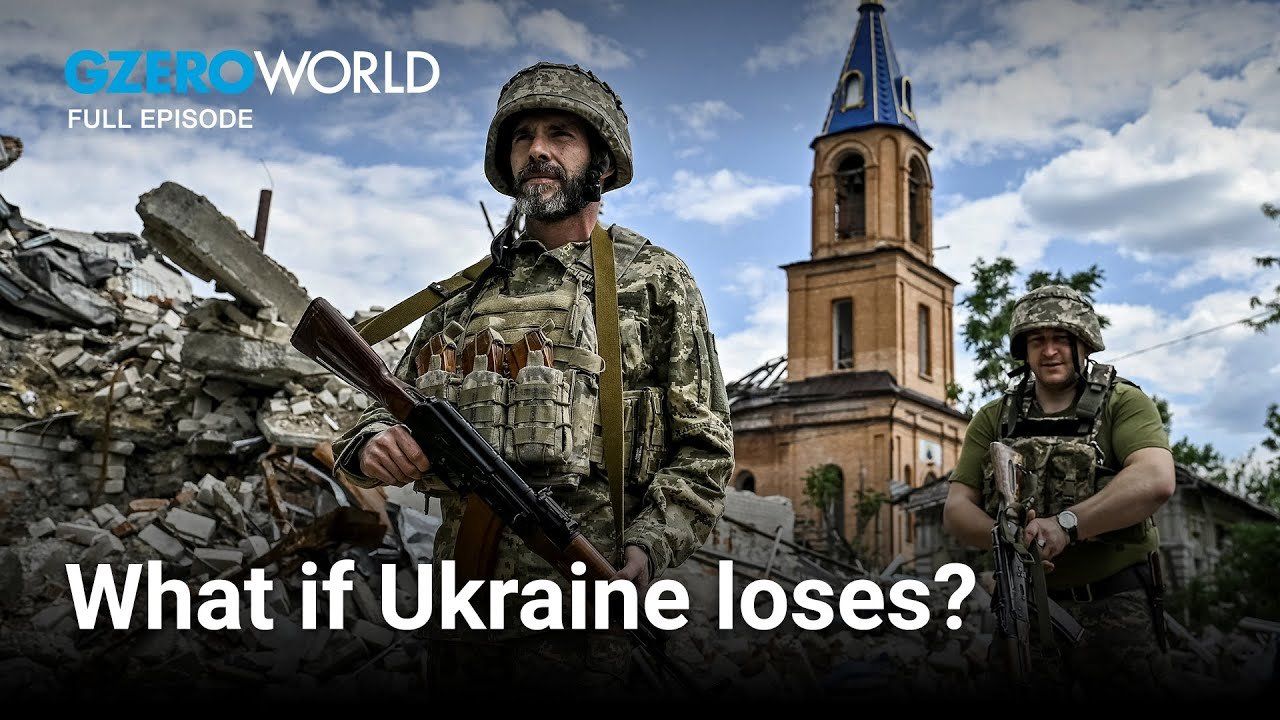GZERO World with Ian Bremmer
Is Russia winning the war in Ukraine?

Is Russia winning the war in Ukraine? | GZERO World with Ian Bremmer

What would Ukraine’s defeat look like? Over two years into this bloody conflict, Russia has never been as close to victory as it is today. “When the history of this war is written,” former US Ambassador to NATO Ivo Daalder tells Ian Bremmer, “I think we’ll look back on the last six months as really… the turning point." Daalder joins Bremmer on the latest episode of GZERO World from Tallinn, Estonia, just a couple hundred miles from the Russian border.
"We need to start having a conversation about how serious this is, and are we going to accept this?" In a sobering and wide-ranging interview, Daalder outlines Russia's advantage on the battlefield today. “They just have more people, they have more guns, and importantly, it looks like they have more and better morale, which makes them willing to do things that otherwise people aren't willing to do."
How much is this battlefield mismatch due to a delay in US support? A big part of it, says Daalder. “Congress refusing to act on the requests that the president first made back in July…and nothing happening until mid-April” was a major blow to Ukraine’s defenses, Daalder says. “And now it just takes time to get stuff to the front and get it across the border and to the units in the quantities to make it happen.”
Is it too late for the West to help Ukraine ward off total defeat? And what would lasting peace, as remote as it might seem now, look like?
On the sidelines of the 2026 Munich Security Conference, Annemarie Hou, Executive Director of the United Nations Office of Partnerships, joined Tony Maciulis to discuss the power of women leaders in global decision-making.
Alina Polyakova, President and CEO of the Center for European Policy Analysis, warns that NATO faces a defining moment.
From the sidelines of the 62nd Munich Security Conference in Munich, Polyakova told GZERO's Tony Maciulis that the Arctic has become “an arena of incredible global competition,” with Russia and China expanding their ambitions. While President Trump’s focus reflects “the right instincts” on security, she argues allies must strike a mutual deal to secure the region together.